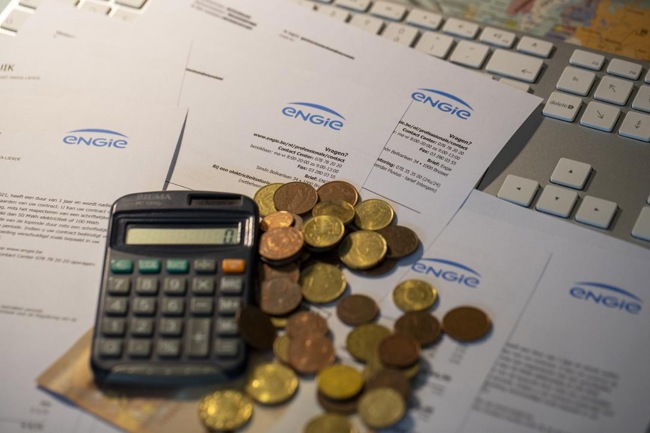The battle to bring inflation down to the 2% target will drag on, necessitating the maintenance of a restrictive monetary policy, a senior official of the European Central Bank (ECB) said on Wednesday.
The ECB’s unprecedented cycle of key rate hikes has, as expected, increased the cost of credit, but “a substantial part” of the effects is still “in the pipeline, ECB Vice-President Luis de Guindos said at a conference in Cyprus.
While the impact will be felt strongly on housing activity, there are typical lags in monetary transmission for the economy as a whole so the bulk of the impact of the belt tightening should only materialise over the course of this year and beyond, the ECB official added.
As a result, the European Central Bank will be watching the economic data ahead “to determine the appropriate level and duration of restrictive monetary policy,” he added.
Having raised interest rates by a total of 4.5 percentage points since July 2022, the institution is still a long way from opening the debate on a possible rate cut.
For the time being, the ECB believes its rates have reached levels which, “if maintained for a sufficiently long period, will make a substantial contribution” to bringing inflation back on track, De Guindos stressed.
Inflation fell in September to 4.3% in the Eurozone, its lowest level in two years. This could at least dissuade the ECB from continuing to raise rates in the coming months.

